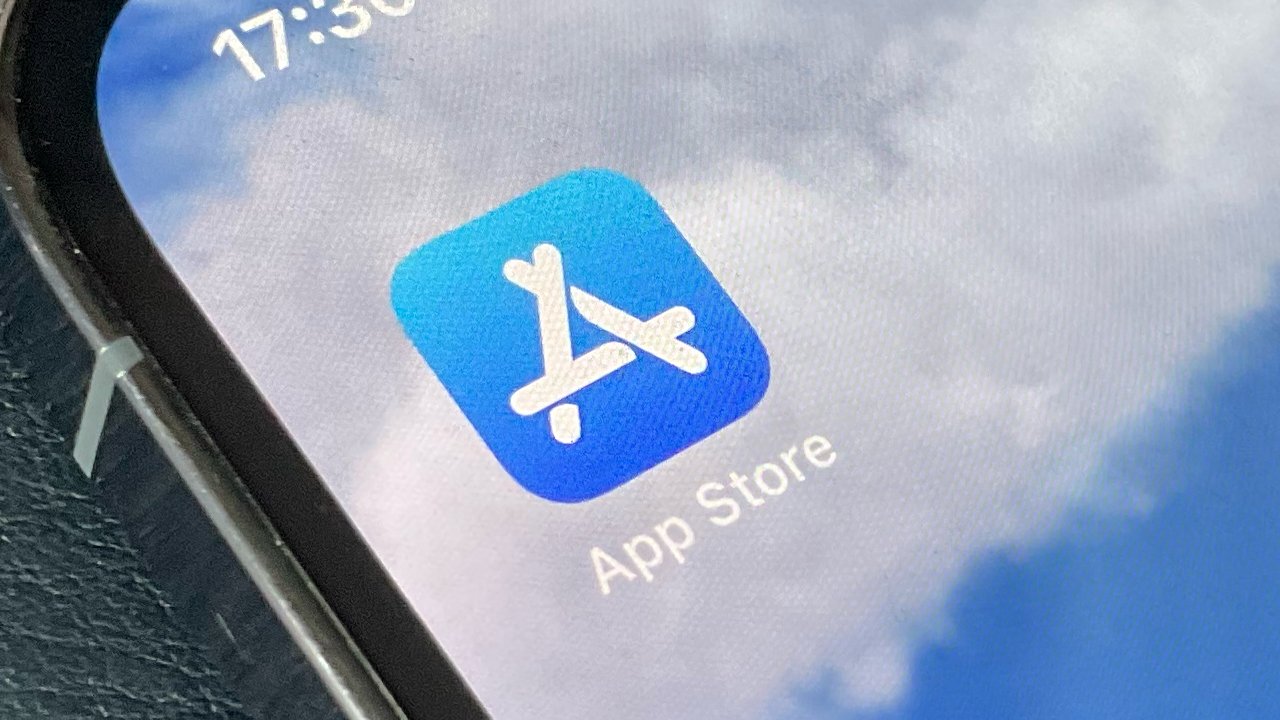There are three major limitations on Apple's App Store concessions in the European Union that limit what third parties can offer for App Stores, and what consumers can load. Here's what they are.
Before Apple announced its plans to adhere to the European Union's Digital Markets Act, there was a lot of speculation. The rumors ranged from free side loading from any source to Apple charging a 27% fee to developers offering alternative App Stores for the iPhone and iPad.
Neither of those ends were met. Instead, Apple has applied some limitations on the process.
The first main limitation to users is that they can't download an App Package — or .IPA — from anywhere, and it will run. Apps still need to be notarized and come from sources that Apple trusts.
So, the .IPA files that iTunes used to store for users are of no use to non-jailbroken devices under iOS 17.4. Small developers aren't able to simply host a download, and the app will install and run on an iPhone.
Secondly, a developer who wants to host a third-party App Store must qualify for a massive line of credit. Specifically, that line of credit must come from an A-rated financial institution valued at one million euros or more.
Apple says this is "to guarantee support for your developers and users."
Also limiting what can be loaded is a fee per install that must be paid to Apple. Any third-party App Store install, considered "free" or not, will induce a 0.50 Euro fee that must be paid by the developer.
It's unclear if apps like emulators will be allowed, as the terms of the App Store explicitly disallow apps that execute user-loadable code like emulators. Even if they are, the 0.50 Euro fee per initial install will likely stifle the desire of well-funded developers with that enormous line of credit to allow free downloads to users since they won't be free to developers.
We're expecting legal challenges from some of these third parties to the concessions made by Apple announced on Thursday, perhaps with one filed by Epic's Tim Sweeney who is already vocal about the modifications. "Gatekeepers" like Apple have until March 6, 2024, to comply with the law's obligations as it pertains to App Stores and the like.
 Mike Wuerthele
Mike Wuerthele







-m.jpg)






 Chip Loder
Chip Loder

 Malcolm Owen
Malcolm Owen

 Amber Neely
Amber Neely
 William Gallagher
William Gallagher



-m.jpg)





10 Comments
The EU is reaching too much into the private companies. Apple built the user base and ecosystem, they should be able to say what goes.
They got the option for their own payment processing. They got the option to run their own store. They got a significant commission cut.
But they’re still complaining. Endless goalpost moving.